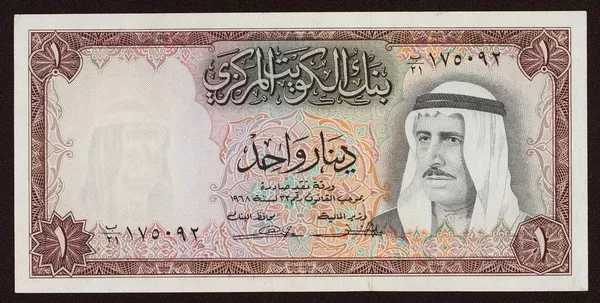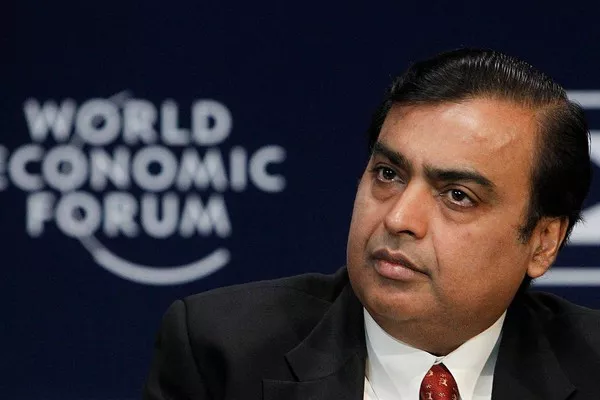The intricate world of global currencies unveils a nuanced landscape where economic stability and financial power intersect. The United Nations officially recognizes 180 currencies worldwide, yet their value and strength are not solely determined by popularity or widespread usage. The concept of currency strength hinges on the purchasing power of a nation’s currency in the exchange for goods, services, or other currencies. In this analysis, we explore the top 10 highest-valued currencies globally, shedding light on the factors contributing to their prominence.
Understanding Currency Strength
Currency strength is gauged by evaluating the number of goods and services that can be acquired with one unit of the national currency and the amount of foreign currency obtained in exchange. A comprehensive analysis involves considering various local and international factors such as supply and demand dynamics in foreign exchange markets, inflation rates, domestic economic growth, central bank policies, and a country’s overall economic stability.
The Top 10 Highest-Valued Currencies
10. United States Dollar (USD)
Despite being the most widely traded currency globally and the primary reserve currency, the United States Dollar (USD) ranks 10th among the world’s strongest currencies.
9. Euro (EUR)
As the official currency of the Eurozone, comprising 19 EU member states, the Euro (EUR) stands as the second-largest reserve currency and the second-most traded currency globally, securing the 9th position in currency strength.
8. Swiss Franc (CHF)
Known for the stability of its economy, Switzerland’s currency, the Swiss Franc (CHF), takes the 8th spot among the world’s strongest currencies.
7. Cayman Islands Dollar (KYD)
While ranking 7th in currency strength, the Cayman Islands Dollar (KYD) boasts the 5th highest value globally. Initially adopting the Jamaican Dollar, the Cayman Islands introduced its own currency in 1972.
6. Gibraltar Pound (GIP)
Pegged at par value to the British Pound Sterling (GBP), the Gibraltar Pound (GIP) holds the 6th position among the world’s strongest currencies. Gibraltar, a British overseas territory, relies on sectors like tourism and e-gaming.
5. British Pound (GBP)
The British Pound (GBP), used in Great Britain and widely accepted in other countries, secures the 5th position in global currency strength. London’s financial hub status and extensive trade activities contribute to the strength of the pound.
4. Jordanian Dinar (JOD)
Since replacing the Palestinian pound in 1950, the Jordanian Dinar (JOD) has become the 4th strongest currency globally. Jordan’s fixed exchange rates and a diversified economy contribute to its high value.
3. Omani Rial (OMR)
Introduced after ceasing the use of the Indian Rupee, the Omani Rial (OMR) is tied to the US Dollar, making it the third most valuable currency globally. Oman’s economy heavily relies on its significant oil reserves.
2. Bahraini Dinar (BHD)
Pegged to the US Dollar and exclusively used in Bahrain, the Bahraini Dinar (BHD) secures the 2nd position as the world’s second strongest currency. Bahrain, reliant on oil exports, hosts a strong expat community.
1. Kuwaiti Dinar (KWD)
Since its introduction in 1960, the Kuwaiti Dinar (KWD) consistently holds the title of the world’s highest-valued currency. Kuwait’s economic stability, driven by oil reserves and a tax-free system, contributes to the currency’s high demand.
Conclusion
The exploration of the world’s highest-valued currencies reveals a captivating landscape where economic powerhouses wield influence. From the Kuwaiti Dinar’s pinnacle position to the Swiss Franc’s renowned stability and the global prominence of the US Dollar, each currency on this list narrates a story of strength and impact. The factors influencing currency value, including economic growth, political stability, natural resources, and global demand, showcase the intricate dynamics of international finance. As nations compete for economic supremacy, the top 10 strongest currencies serve as a testament to the complex interplay of factors shaping their standing and influence in the global economic arena.
























